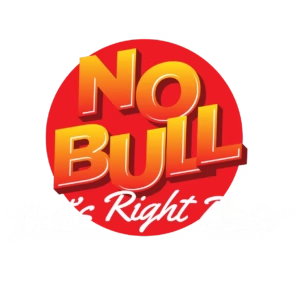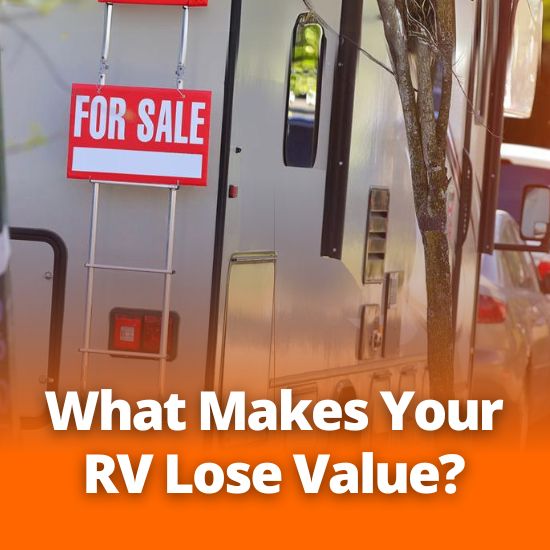
What Makes Your RV Lose Value?
Vehicles lose value over time, that’s a fact of life. Unlike other big investments, you’re never going to make profit selling your own RV even if you bought it brand new and it’s been used once – even if it’s barely a year old!
But some of these factors are more controllable than others, and can keep your RV from depreciating in value as quickly.
Your RV’s Birthday
Older motorhomes and trailers aren’t going to price match with a brand new one the dealership just had delivered. Now, this isn’t controllable, with Camper Report stating that 5 years is the plateau point at which depreciative value levels off. One way to counter it: regular preventative maintenance to keep everything in top shape (also upgrading tech/tires/etc doesn’t hurt).

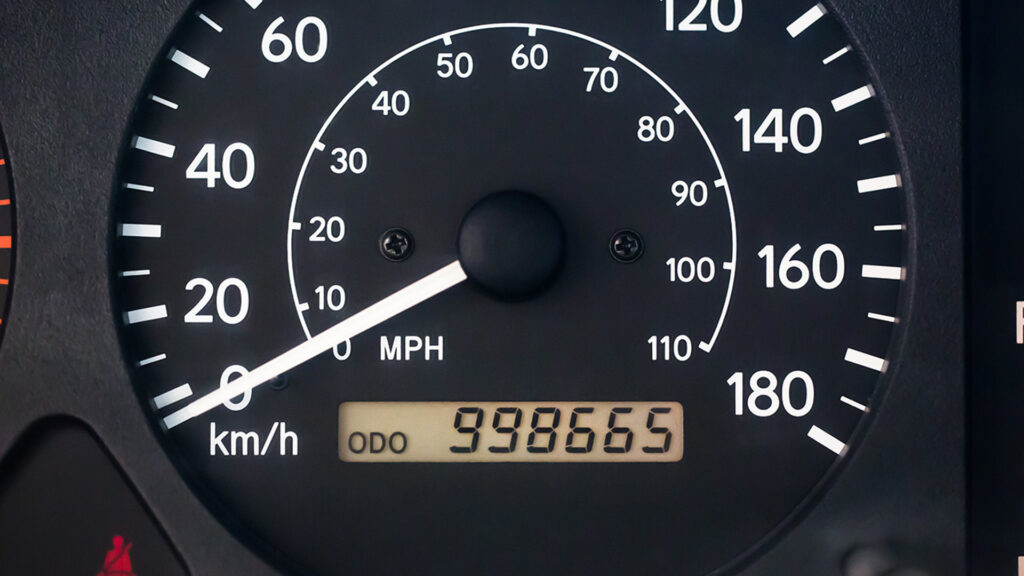
Mileage
Ever look at your odometer and wince? Motorhomes with lower mileage will usually have a higher value, even if they’re the same year. But, it’s not the only mileage factor – consider how the RV’s been used. Sure, maybe there’s less than 50,000 km on it, but was the roof left untended and had a big water leak; did your slide hit a tree when being extended?
Counter? Plan to stay in destinations longer to cut down on kilometers driven. Lots of campsites and RV parks offer weekly (or monthly) rates, giving you more time to enjoy your trip and explore the area.
Buying Brand New
Yes, this is coming from a used RV dealership but the point still stands. It’s said you lose approximately 21% of a new RV’s value the second you drive it off the lot (whether it’s a tow or motor). A used RV will also lose value with age and mileage, but it’s not nearly as dramatic as a new one.

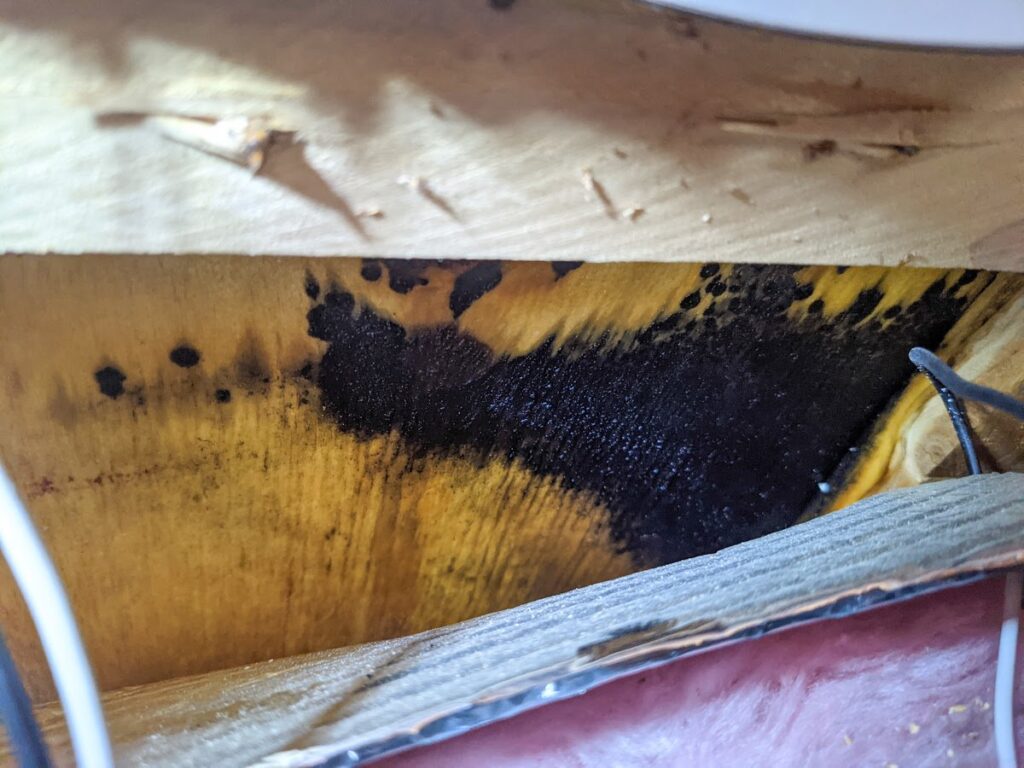
Water Damage
You’ve heard us talk about Gutter Butter before – that nasty staining from water dripping down the side of your RV – and it’s only part of the problem! Leaks cause stains, delamination, bumps, bubbles, and all other manner of ugly stuff. Thankfully, a bit of regular maintenance (like checking your roof and resealing it) can prevent leaks and other potential damages.
Bad Storage
Proper storage in the off season can protect your RV from damage. There’s varying opinions on using a cover, but generally you’ll want to prevent the big 3: critters, weather, and rot.
A couple options include: paying to store your RV in an indoor facility over the winter, using an RV tarp (not a blue tarp, those will trap moisture) or storing your rig under a port or in a garage, and properly removing any food and such that could entice unwelcome visitors.
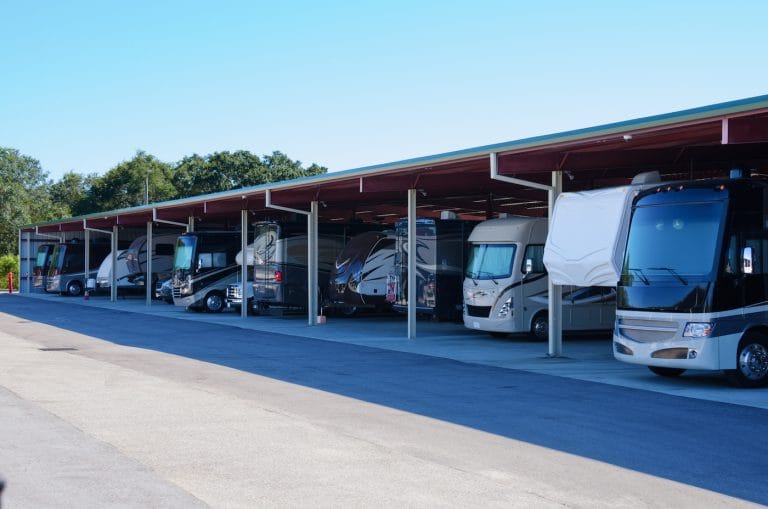
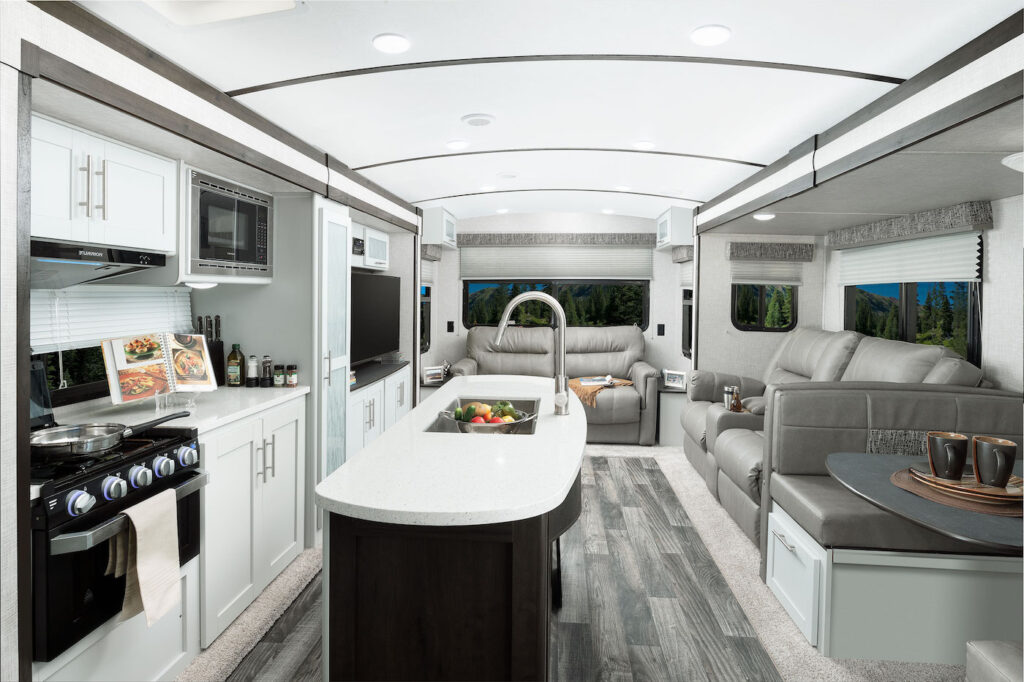
Appliances, Furniture, and All That Jazz
Having a well-maintained shell is one thing, but how about all the internals? No one wants to spend extra fixing appliances or replacing broken or missing ones. A bit of wear and tear is expected, but an RV with, say, a broken shower or microwave, massive rips in upholstery, or even gigantic stains in cabinets and drawers, can all lower the value of your rig.
